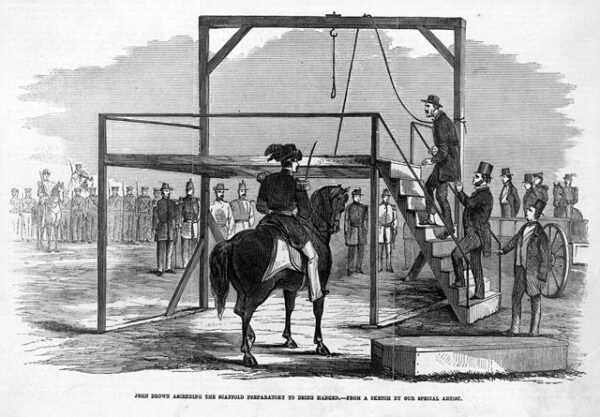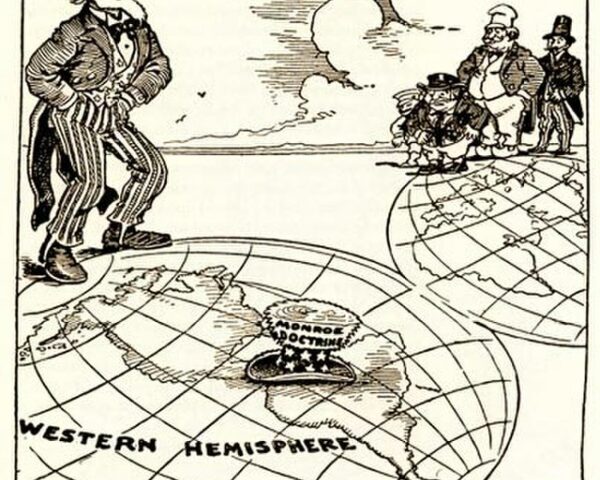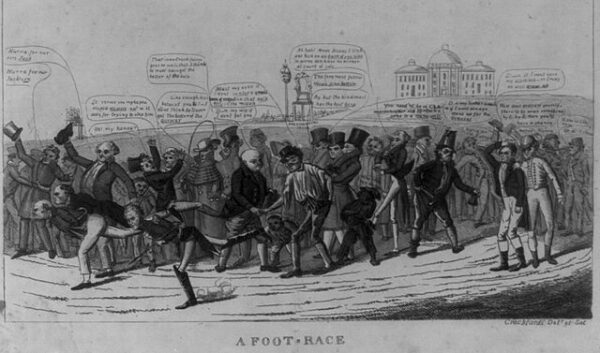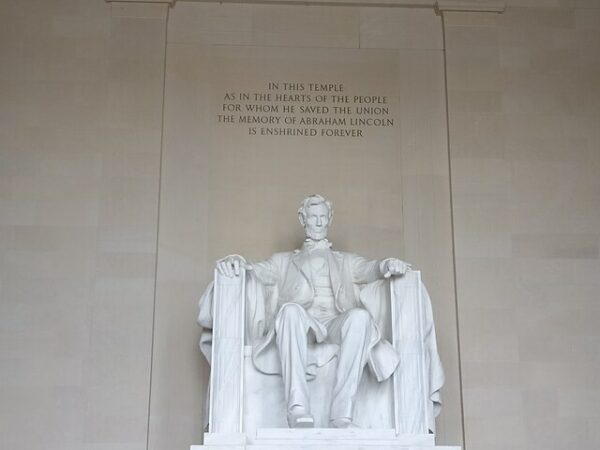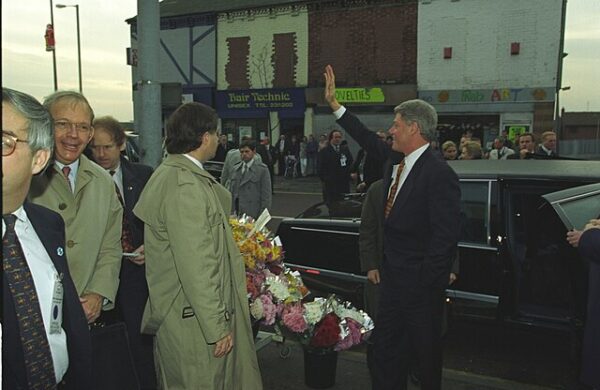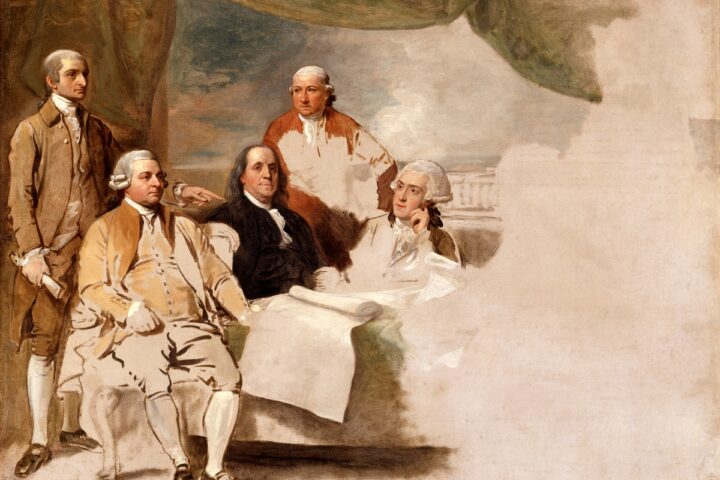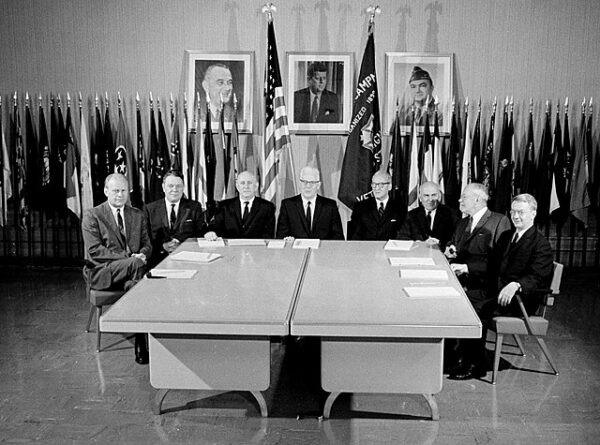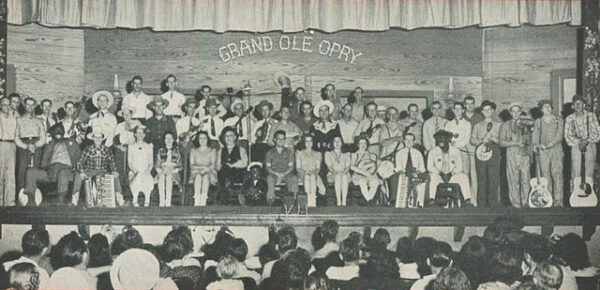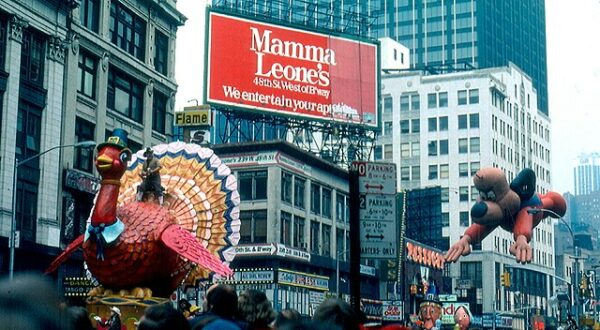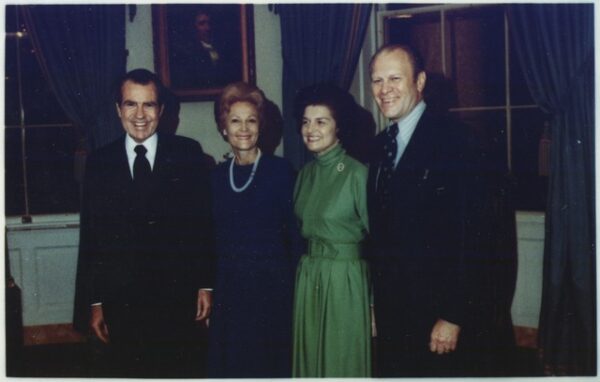John Brown’s hanging on December 2, 1859, was a moment of profound historical significance, symbolizing the deep divisions over slavery in pre-Civil War America. The execution occurred in Charles Town, Virginia (now West Virginia), just weeks after his failed raid on the federal armory…
Read MoreOn December 2, 1823, President James Monroe established his defining legacy. Delivering a message to Congress, the fifth president of the United States announced a foreign policy that would make America the predominant actor in the Western Hemisphere. The Monroe Doctrine was born. At…
Read MoreOn December 1, 1824, the presidential election did something that hasn’t happened since–it was turned over the House of Representatives to choose the president after no one achieved a majority in the Electoral College. That year’s race involved four major candidates: John Quincy Adams,…
Read MoreOn December 1, 1862, President Abraham Lincoln delivered his second State of the Union Address, a landmark speech that emphasized the moral and strategic motivations behind the Union’s fight in the American Civil War. Delivered just ten weeks after the preliminary Emancipation Proclamation, Lincoln…
Read MoreOn November 30, 1995, Bill Clinton delivered a historic address outside Belfast City Hall, marking a pivotal moment in Northern Ireland’s peace process. Speaking to a massive crowd, Clinton expressed strong support for efforts to end decades of sectarian violence and urged all parties…
Read MoreThe United States became independent on July 4, 1776, but it did not become free from the British until November 30, 1782. The Treaty of Paris, preliminarily signed on that date and sent to both countries for final approval, marked the official end of…
Read MoreOn November 29, 1963, just one week after the tragic assassination of President John F. Kennedy in Dallas, Texas, his successor, President Lyndon B. Johnson, made a pivotal decision to address the nation’s grief and confusion. Johnson issued an executive order creating the President’s…
Read MoreOn November 28, 1925, a humble radio program launched in Nashville, Tennessee, that would become one of America’s most cherished cultural institutions: The Grand Ole Opry. Originally called the WSM Barn Dance, it began on WSM-AM, a station owned by the National Life and…
Read MoreOn November 27, 1924, New York City witnessed the birth of what would become an enduring American tradition: the Macy’s Thanksgiving Day Parade. Organized by Macy’s department store, this inaugural event marked the start of a beloved holiday celebration that has since captivated millions…
Read MoreOn November 27, 1973, the Twenty-Fifth Amendment was used for the first time. Gerald Ford’s ascent to the position of Vice President of the United States resulted from the political turbulence that marked the early 1970s. In the aftermath of the Watergate scandal, then-Vice…
Read More

